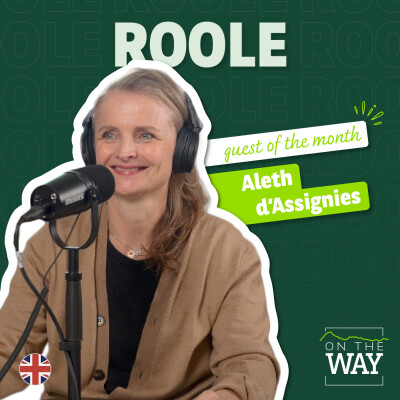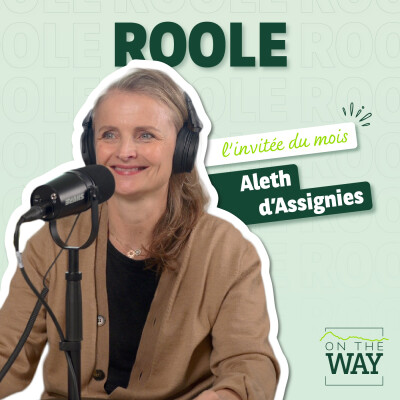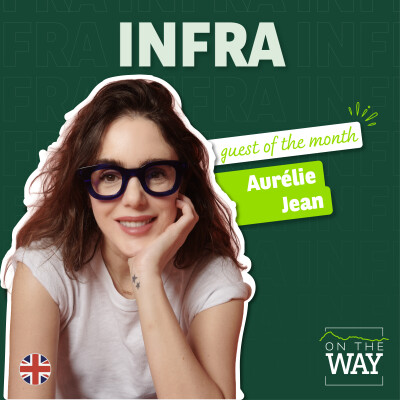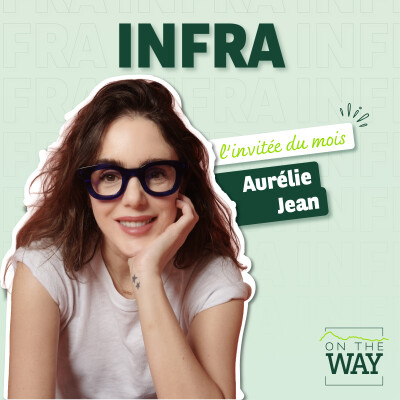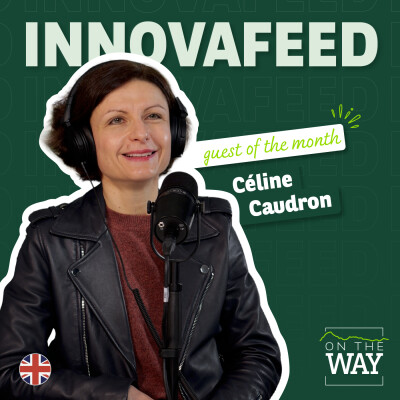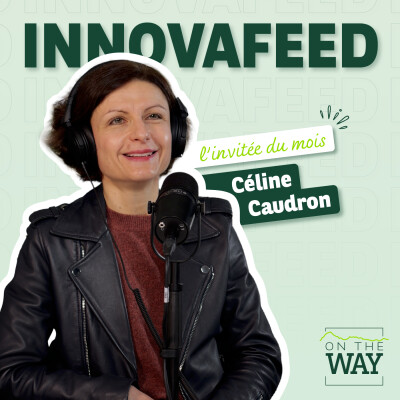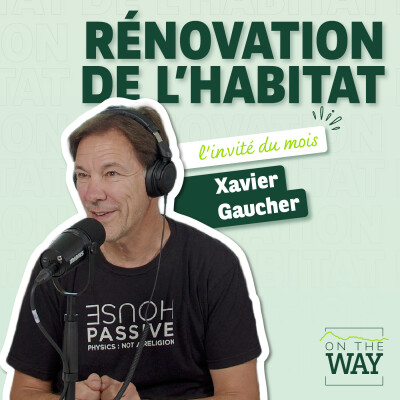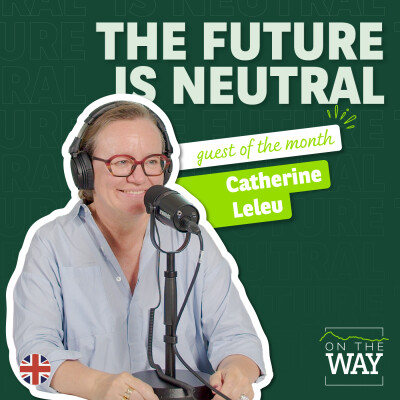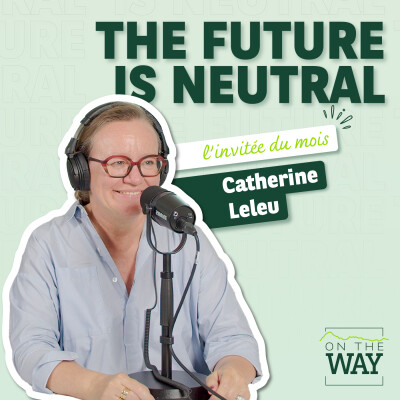The ecological transition applied to mobility is often presented as a constraint. However, for an overwhelming majority of French people, cars remain essential: 85% say they are dependent on them daily, and up to 90% in rural areas. Getting around means accessing employment, healthcare, and social life. This reality is highlighted in the new episode of the On The Way podcast, through the findings of the study "French Car Budget - 2025 Edition", conducted by Roole.
This study reveals a key figure: the average budget allocated to cars is €416 per month, equivalent to nearly a third of the minimum wage. Even more striking, two-thirds of this cost is not related to usage, but to fixed, non-negotiable expenses (purchase, insurance, parking, maintenance). This insight is essential to understanding why mobility weighs so heavily on households and why 15 million French people are currently in a situation of mobility precariousness, having already given up on a trip due to lack of solutions.
Beyond the observation, this episode also highlights Roole's commitment to more responsible, solidarity-based, and fair mobility. Among the initiatives presented: "Donnez votre voiture" (Give Your Car), a platform that allows you to donate a still-operational vehicle and deduct the residual value of your car from your taxes! These cars are then put back into circulation through solidarity garages, benefiting people in difficulty. A simple, eco-friendly, and solidarity-driven gesture that restores mobility's fundamental role as a tool for social inclusion.
And because commitment doesn't stop there, discover also the Roole Map application: the first all-in-one app designed for your vehicle, whether it's thermal, hybrid, or electric. Need an optimized route? A gas station at the best price? A available charging point? An accessible parking lot 24/7? Roole Map accompanies you simply, daily, to facilitate all your trips.
👉 Learn more about Roole: https://www.roole.fr
👉 Discover "Donnez votre voiture": https://www.donnezvotrevoiture.org
👉 Discover Roole Map: https://www.roole.fr/application-roole-map
🎧 An episode to listen to, to understand mobility rather than suffer from it
The previous episode of On The Way with Aurélie Jean (https://podcast.ausha.co/on-the-way/aurelie-jean-ai-as-support-for-medicine), a scientist specializing in algorithmic modeling, as well as all other episodes, can be found on all your favorite listening platforms.
Enjoy your listen!
Hébergé par Ausha. Visitez ausha.co/fr/politique-de-confidentialite pour plus d'informations.

